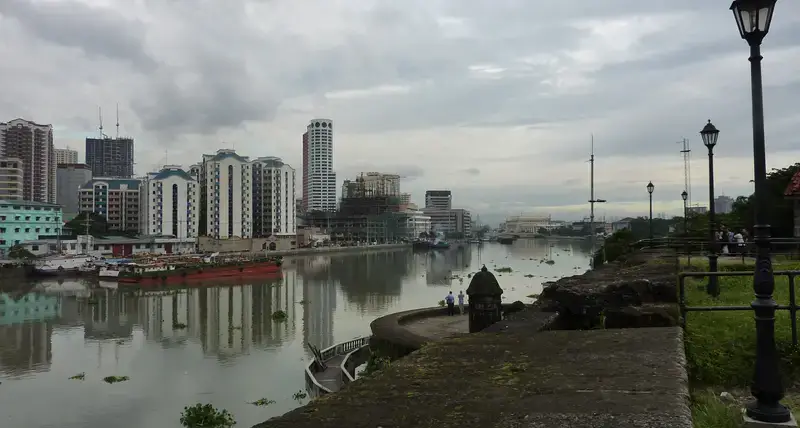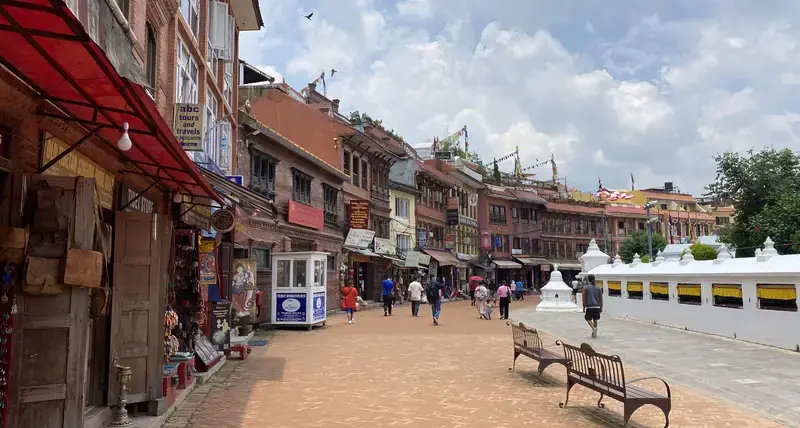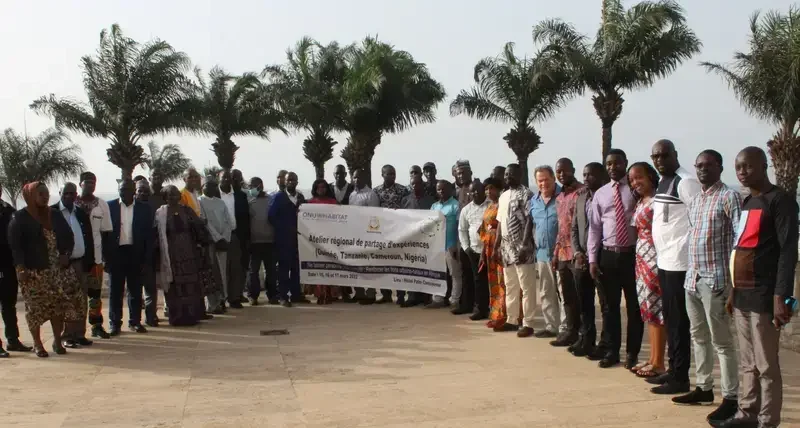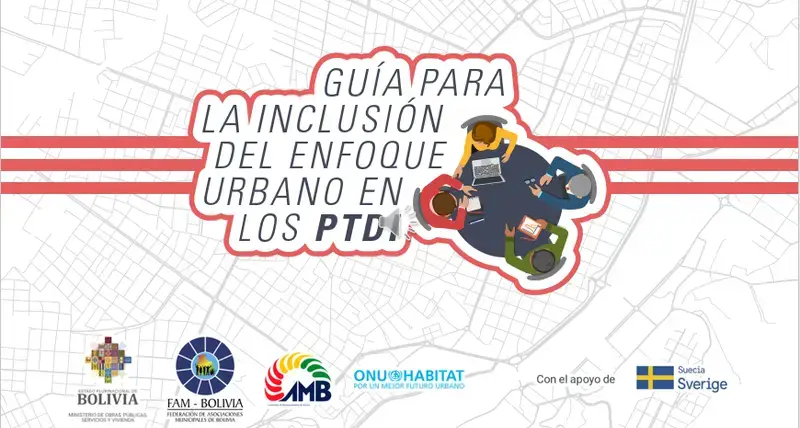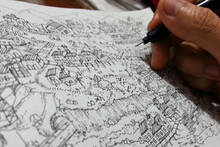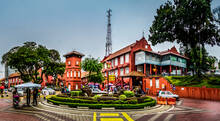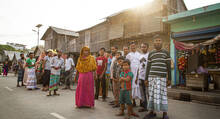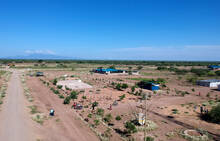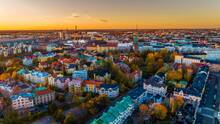Overview
We support sustainable and inclusive planning and design of cities by developing normative work, providing technical assistance in the formulation of urbanization polices and strategies, building local capacity and delivering context-specific solutions and services based on integrative and participatory processes.
The Challenge
- By 2050 approximately two thirds of the world’s population will be living in urban areas, bringing a distinct set of challenges and opportunities to the area of urban development.
- The challenges of rapid urbanization include growing vulnerability to climate change, spatial inequalities, pressures of migration and conflict, and difficulties to promote inclusive prosperity and economic development.
Solutions:
To address the multifaceted challenges of urbanization and make the most of the ‘urban advantage’, UN-Habitat’s urban planning and design work creates spatial strategies and plans, alongside inclusive processes that consider human rights, gender, age and other identity categories, that enable urban managers and other stakeholders set a proactive framework for sustainable urbanization in both developed and developing country contexts. This is achieved by adopting:
- An integrative approach to urban planning and employing a variety of people-centred tools and methodologies - such as participatory planning, frontier technology implementation, international collaboration and cross-sectoral partnerships and
- Focusing urban planning efforts on key elements that can leverage the urban advantage for many - such as prioritizing public space within a framework of urban density, mixed land use and social mix, equitable access to land and tenure security and the integration of the formal and informal spaces and systems.
Through these approaches, UN-Habitat supports stakeholders to create safe, inclusive, and resilient cities.
Urban Design: the look and feel of a city
In regards to urban design, many cities still underestimate the importance of a city’s look and feel, public spaces, and public infrastructure, failing to fully comprehend the correlation with quality of life, social development, and other key components of human well being. Likewise, appealing cities are more likely to attract a creative, innovative, and skilled workforce and the investments that are needed to drive the urban economy. Unfortunately, when this understanding is present, lack of finance and capacity often deprioritizes urban design in favour of more urgent development needs such as enhancing the provision of basic services.
At a regional level, cities tend to grow along infrastructure corridors, emerging as new engines of growth. Very often, however, this growth is unplanned and uncoordinated between cities, thereby leaving the region to miss out on a wide range of social, economic, and environmental opportunities.
Intermediate cities
Despite presently hosting more than 60 per cent of the global urban population and experiencing the fastest growth, intermediate cities – areas with a population between 100,000 and 500,000 –tend to be neglected by national and regional authorities, and often lack the financial and technical influence of larger cities to ensure proper planning. Nevertheless, neglecting urban planning today will only create a larger situation that will be even more costly to solve in the future.
Improving urban planning and design
In general, one of the key hindrances to good urban planning is the lack of adequate frameworks and legislation at the national or sub-national level. In particular, the mismatch between local needs and national urban planning frameworks is increasingly recognized in many countries.
Our cities must become spaces that facilitate social, economic, and environmental progress. For cities to develop in a sustainable and inclusive way, they must become more compact, absorbing population growth by increasing their density. Only through agglomeration will cities have the power to innovate, generate wealth, enhance quality of life, and accommodate more people in a sustainable manner (with a smaller environmental footprint through lower per capita resource use and lower per capita emissions than any other settlement pattern).
Orderly expansion requires that strong regulatory frameworks accompany the planning process. At the country level, a national urban policy need to be set up in order to provide an overarching coordinating framework that will deal with the most pressing issues related to rapid urban development. As a key reference for legislative institutional reform in regards to urban matters, the national urban policy will also serve to orient sectoral ministries and urban service providers. In addition, the policy acts as an opportunity to promote consultation with urban stakeholders.
Rethinking public spaces
City authorities also need to rethink public spaces such as parks, green areas, and streets. Well-designed public space not only contributes to improving the overall visual character, but also invigorates economic activities and enhances the functionality of the city. High density neighbourhoods with adequate public space, infrastructure and public transport facilities encourage walking, cycling, and other forms of eco-friendly non-motorized mobility, thereby reducing carbon emissions and cutting down reliance on fossil fuels.
Furthermore, the provision of pedestrian friendly streetscapes and public structures where residents can gather -- such as athletic, recreational, or cultural centres -- will promote social connectivity and diversity, thus making neighbourhoods more cohesive, lively, and ultimately more attractive to residents and investors alike. From an environmental point of view, city planning should create a green economy that is not reliant on fossil fuels. When designing their urban development plans, authorities should incorporate low emission strategies as well as resilience to climate change.
UN-Habitat's work on urban planning and design
UN-Habitat supports governments at the city, regional, and national levels to improve policies, plans, and designs for more compact, socially inclusive, and better integrated and connected cities that foster sustainable urban development and are resilient to climate change.
UN-Habitat’s approach to urban planning and design emphasizes preventative, problem-focused planning, and encourages planning in phases, beginning with ensuring adequate access to basic urban services, especially water and sanitation, and linking planning with financial capacities. Combined with modern technology, better urban planning can solve many of the problems that cities are facing, and lead them to prosperity.
Impact
Donors and partners
Successful urban planning and design builds on partnerships with and between complex sets of stakeholders. UN-Habitat nurtures ad hoc as well as long-term partnerships with other UN agencies, local and national governments, the private sector, civil society, and funding partners to facilitate collaborative action for urban transformation. Through expert consultation, co-production and participatory processes, we develop global norms and guidelines and trigger innovation. Together with our partners, we build capacity on the job as well as in the form of carefully designed training events and materials and thereby reach both global and local experts and decision-makers.
